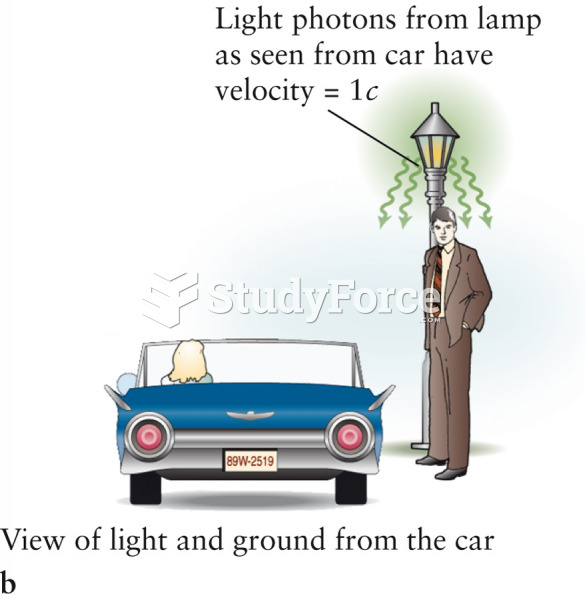|
|
|
Certain chemicals, after ingestion, can be converted by the body into cyanide. Most of these chemicals have been removed from the market, but some old nail polish remover, solvents, and plastics manufacturing solutions can contain these substances.
The cure for trichomoniasis is easy as long as the patient does not drink alcoholic beverages for 24 hours. Just a single dose of medication is needed to rid the body of the disease. However, without proper precautions, an individual may contract the disease repeatedly. In fact, most people develop trichomoniasis again within three months of their last treatment.
Adolescents often feel clumsy during puberty because during this time of development, their hands and feet grow faster than their arms and legs do. The body is therefore out of proportion. One out of five adolescents actually experiences growing pains during this period.
After 5 years of being diagnosed with rheumatoid arthritis, one every three patients will no longer be able to work.
To combat osteoporosis, changes in lifestyle and diet are recommended. At-risk patients should include 1,200 to 1,500 mg of calcium daily either via dietary means or with supplements.
 Paper disks containing various antibiotics are placed on a bacterial culture. If the bacteria are ...
Paper disks containing various antibiotics are placed on a bacterial culture. If the bacteria are ...
 A gauge reading with the needle fluctuating 3 to 9 inches Hg below normal often indicates a vacuum ...
A gauge reading with the needle fluctuating 3 to 9 inches Hg below normal often indicates a vacuum ...





